HiveToday: Ukraine goes on offensive, Justin Trudeau visit to Ukraine, Victory day in Russia, Philippines elections, US's Abortion crisis

There was significant movement in Ukraine on both sides. Ukrainian forces staged successful counter-attacks in the Kharkiv region of the oblast, where some 20 or so Russian battalion groups are stationed. Satellite imagery showed Ukrainian fires within one kilometre of the city. If the Ukrainians can either block Izium or cut off its supply lines, which run from Russia through the small town of Capitan, then they'll significantly impede the Russian army's ability to advance further south towards Sloviansk. Russian forces did make some progress in the east, where preliminary reports suggest they took the strategically important town of Popasna on Sunday. Meanwhile, Canadian prime minister Justin Trudeau made an unannounced visit to the town of Urpin in the Kyiv oblast before reopening the Canadian embassy in Kyiv.
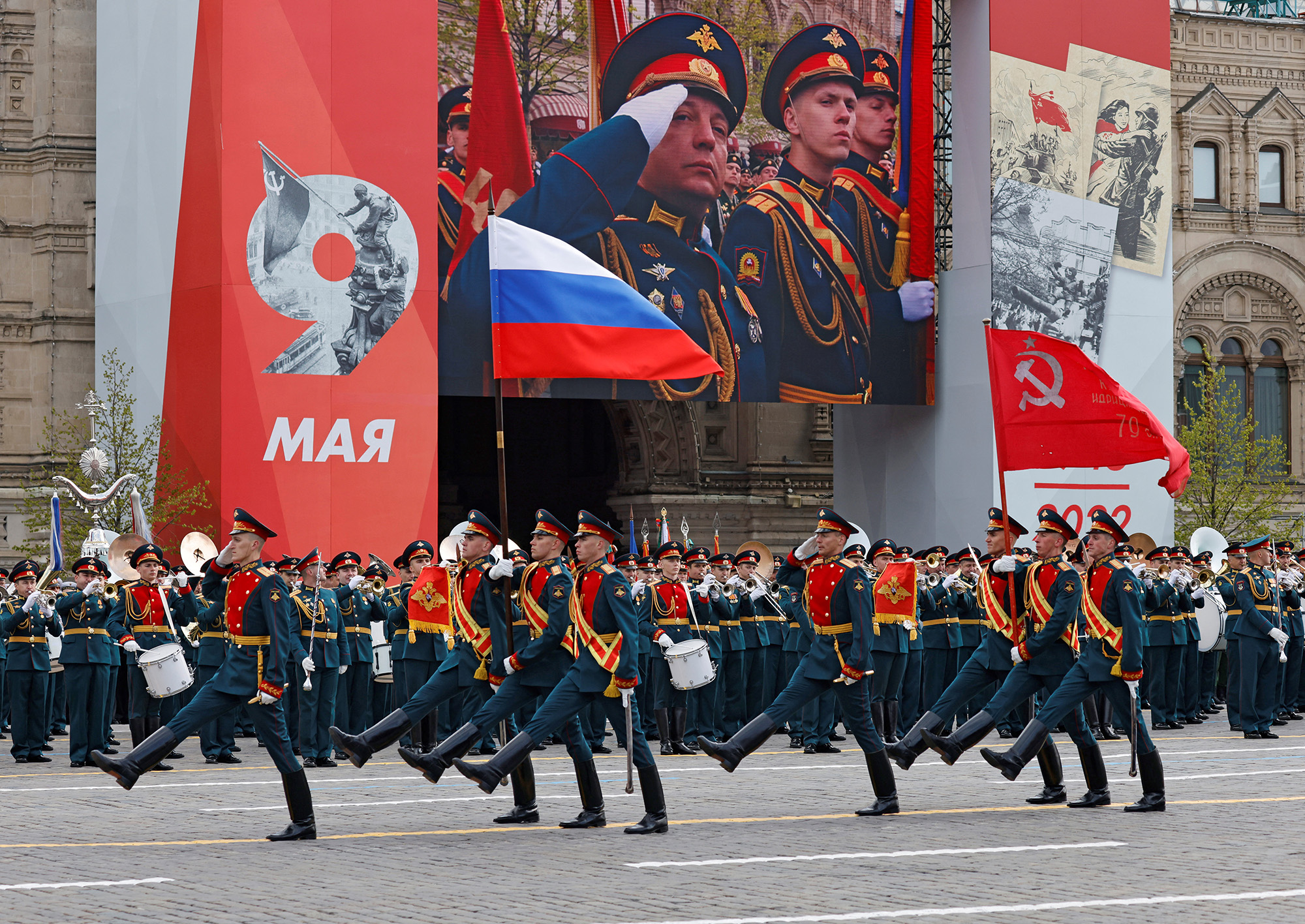
On Monday, the 9th of April, Putin held his much-anticipated victory day celebrations to mark the surrender of Nazi Germany in the Second World War. In the days leading up to the event, there was a lot of speculation that Putin might use the national holiday to declare either some sort of victory in Ukraine or a general mobilization in support of the war effort. In the end, Putin didn't declare a full mobilization or victory and instead used his speech to justify the ongoing invasion of Ukraine and push his anti-NATO narrative. In the speech, Putin conspicuously claimed that Donbas was quoted their land and described Zelensky's regime as executioners, punishers, and Nazis. According to the Kremlin, there were parades across 28 cities involving 65,000 people, 2,400 pieces of military hardware, and 400 or so aircraft. Eight MIGs were also supposed to fly over Red Square in a zed formation, but this was cancelled due to the weather.
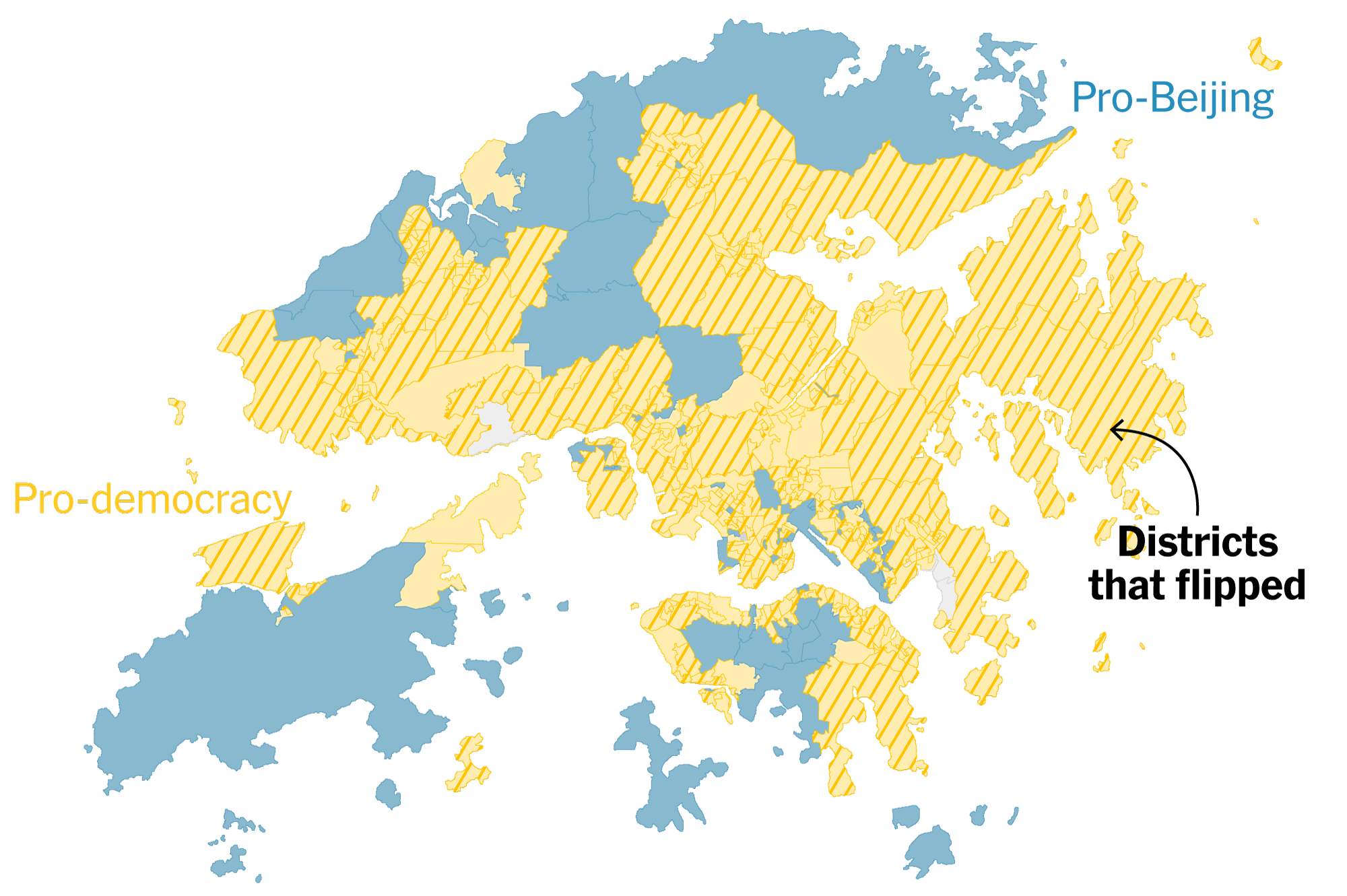
John Lee has been confirmed as Hong Kong's next leader after he won the city's closed election process, in which he was the sole candidate. He has a reputation as a pro-Beijing hardliner. Lee's appointment is seen as a tightening of Chinese authority over the special administrative region. Hong Kong's chief executive is elected by a nearly 1,500-strong closed committee largely made up of pro-Beijing politicians and business people. Hong Kong security minister Lee, a former police officer, has previously served as Hong Kong's security minister and was the city's second-highest-ranking public official under outgoing leader Carrie Lam. As security minister, Lee oversaw the crackdown on pro-democracy protesters who mobilized in 2019 against the sweeping nationality security law imposed by Beijing.
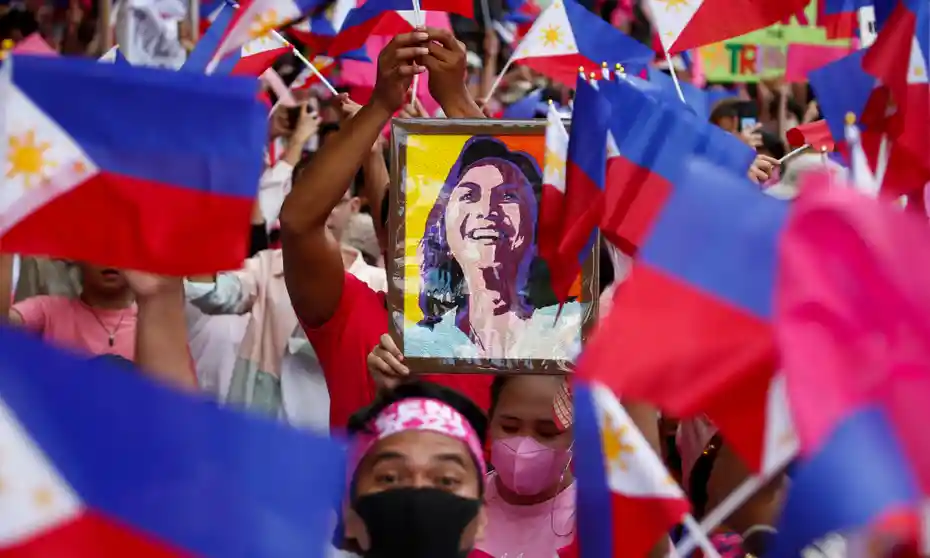
On Monday, the Philippines held a general election to elect their next president, Vice President, half of the 24-member senate, 316 house of representatives, and over 18,000 local positions. General elections in the Philippines are held every six years, and the last one in 2016 elected President Rodrigo Duterte, renowned worldwide for his extremely aggressive anti-drug policies. Barring a massive polling error, the presidential election looks likely to be won by Fernando Marquez Jr., the son of Fernando Marcus Senior, a dictator who ruled the Philippines from 1965 to 1986 while embezzling an estimated 10 billion dollars from the state's coffers. The vice-presidential election looks likely to be won by Sarah Duterte, the daughter of the incumbent Rodrigo Duterte.
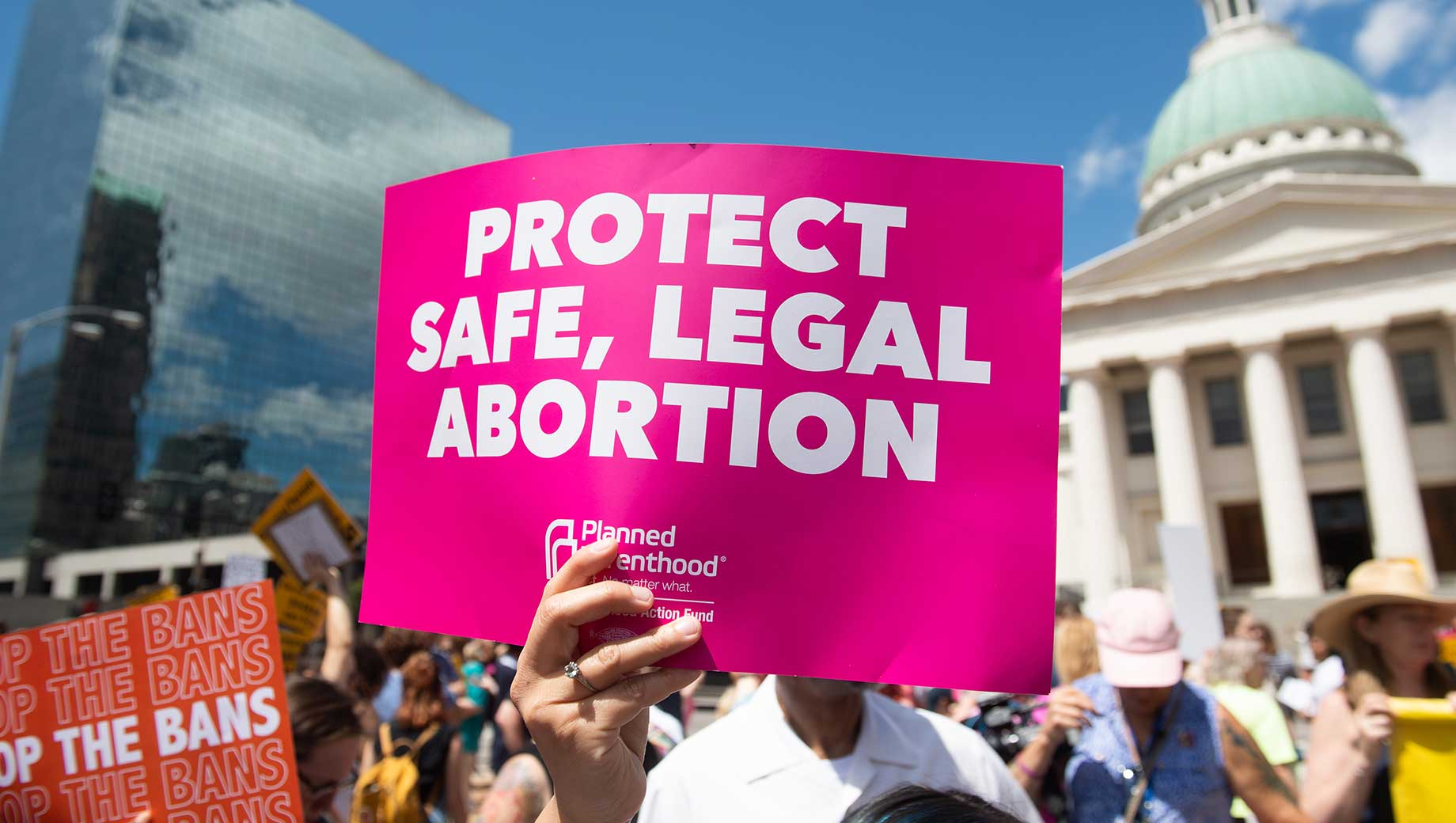
While we await the Supreme Court's official decision on whether or not to overturn Roe v Wade, there have been rumours that state republicans may be focusing on another issue, the use of contraceptive pills. In an appearance on NBC's "Meet the Press," Governor Reeves was asked if he would sign legislation that would ban contraceptives in Mississippi. Governor Reeves stated that he did not think that this would happen, but did not explicitly state that he would veto such a bill. Many pro-choice activists worry that if Roe is overturned, the courts might be willing to overturn other landmark decisions regarding reproductive health. The current right to purchase contraceptive pills is largely protected by the 1965 Supreme Court decision, Griggs vs. Connecticut. Overturned, it would hand another win to the pro-life crowd.





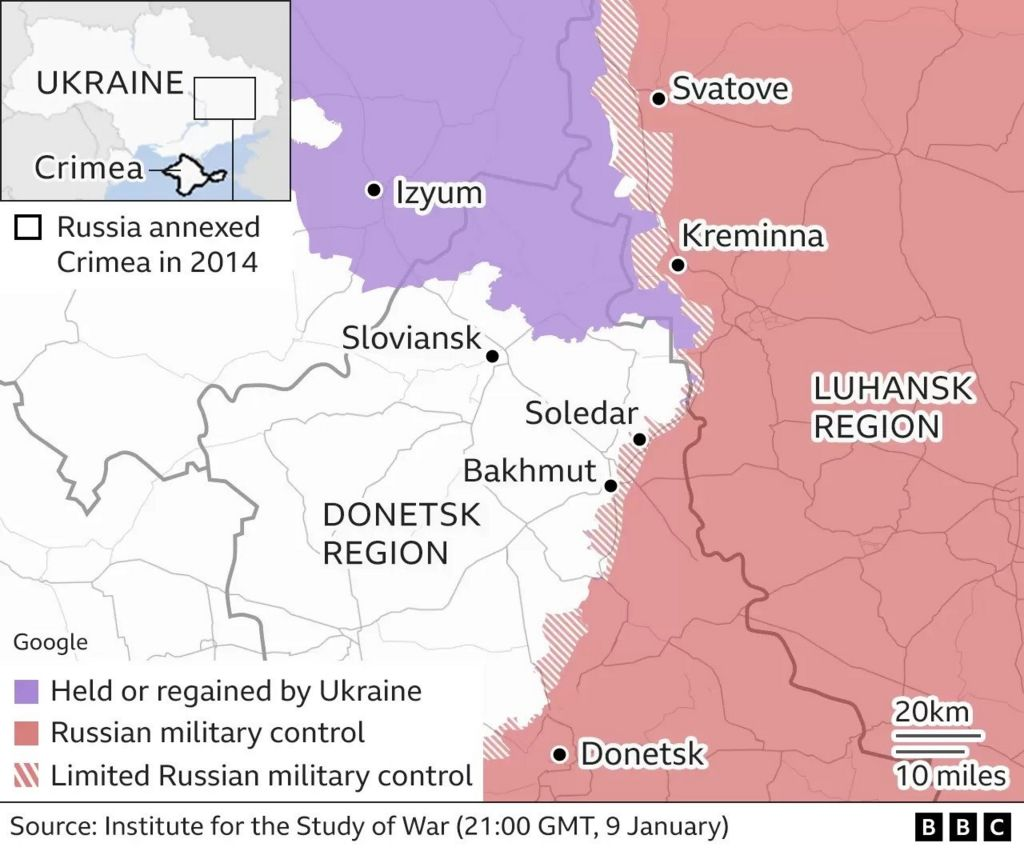


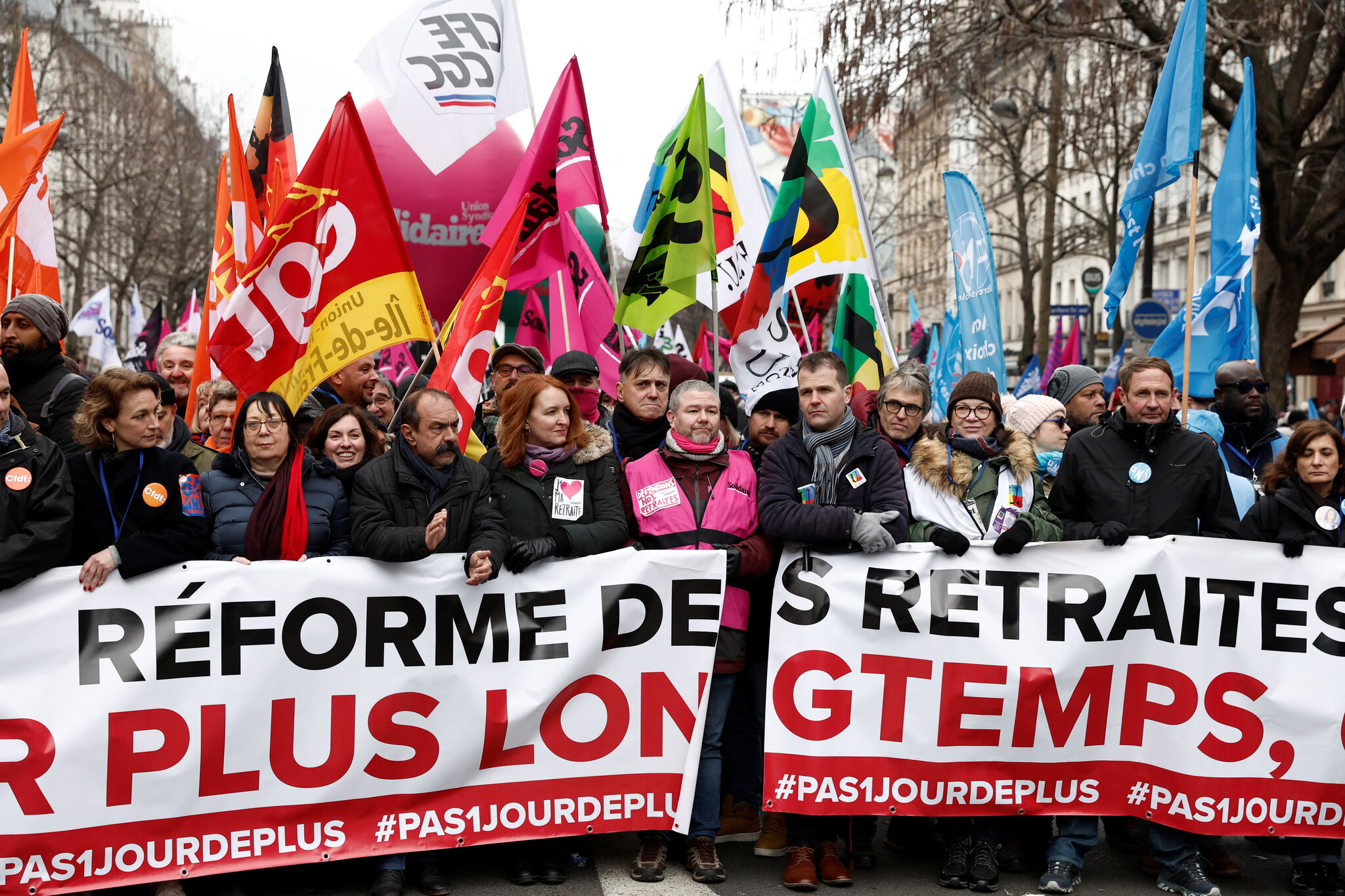
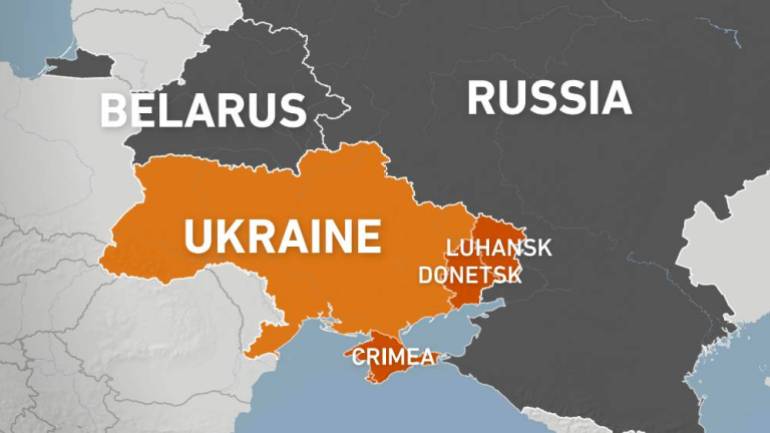
Comments